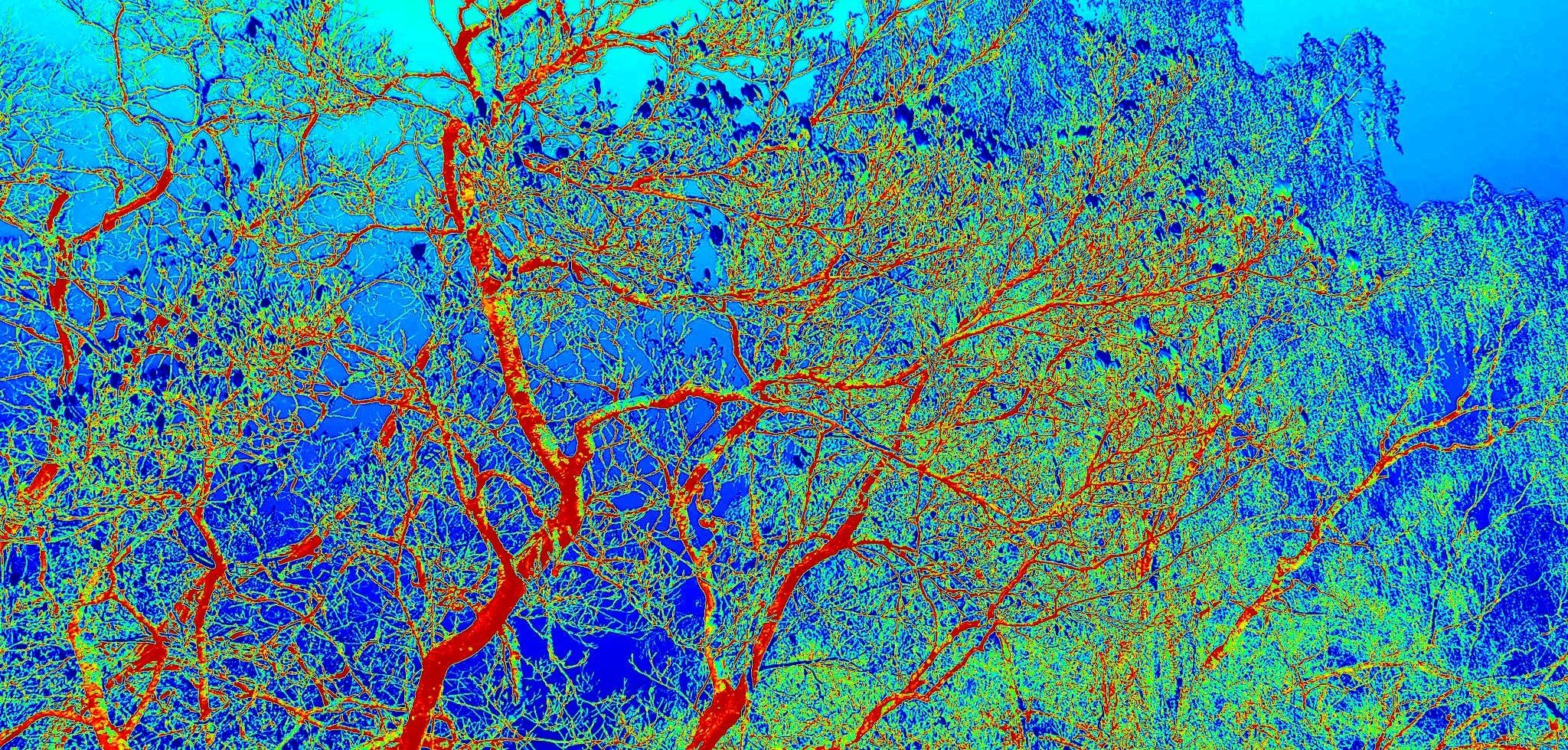-

CALL FOR APPLICATIONS: Gender and Sustainability – Introducing Feminist Environmental Humanities PhD course (FAD3115)
This electable course in the doctoral program, Art, Technology and Design (7,5 credits) is an educational effort, supported by the KTH Equality Office for the […]
-

InterGender PhD course “Researching Differently: Transdisciplinary challenges and postconventional methodologies in feminist inquiry”
Here comes an announcement from InterGender – International Consortium for Interdisciplinary Feminist Research Training: InterGender – International Consortium for Interdisciplinary Feminist ResearchTraining For this course […]
-

InterGender PhD/advanced MA course on “Debunking the method-centrism: trans/post/anti-disciplinarity and intermediation in feminist inquiry”
Check out and apply for this new exciting InterGender Consortium and Research School PhD (and advanced MA) course on “Debunking the method-centrism: trans/post/anti-disciplinarity and intermediation […]